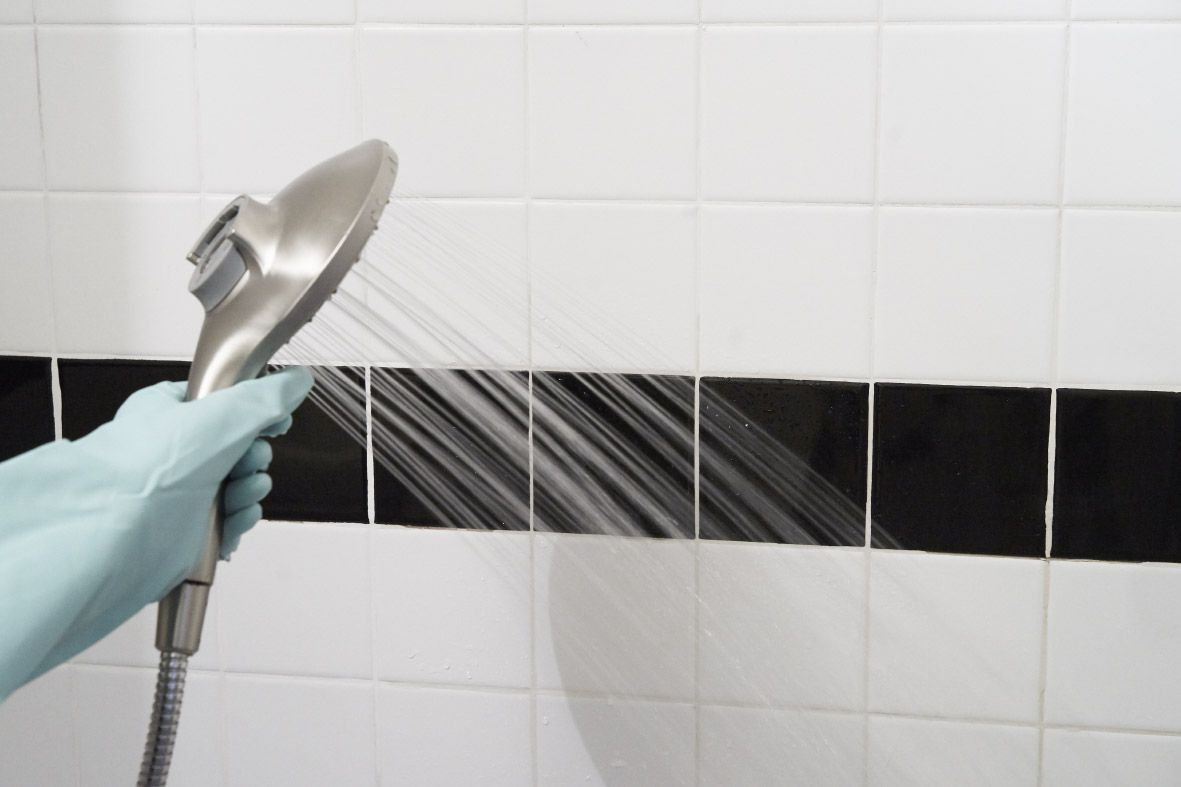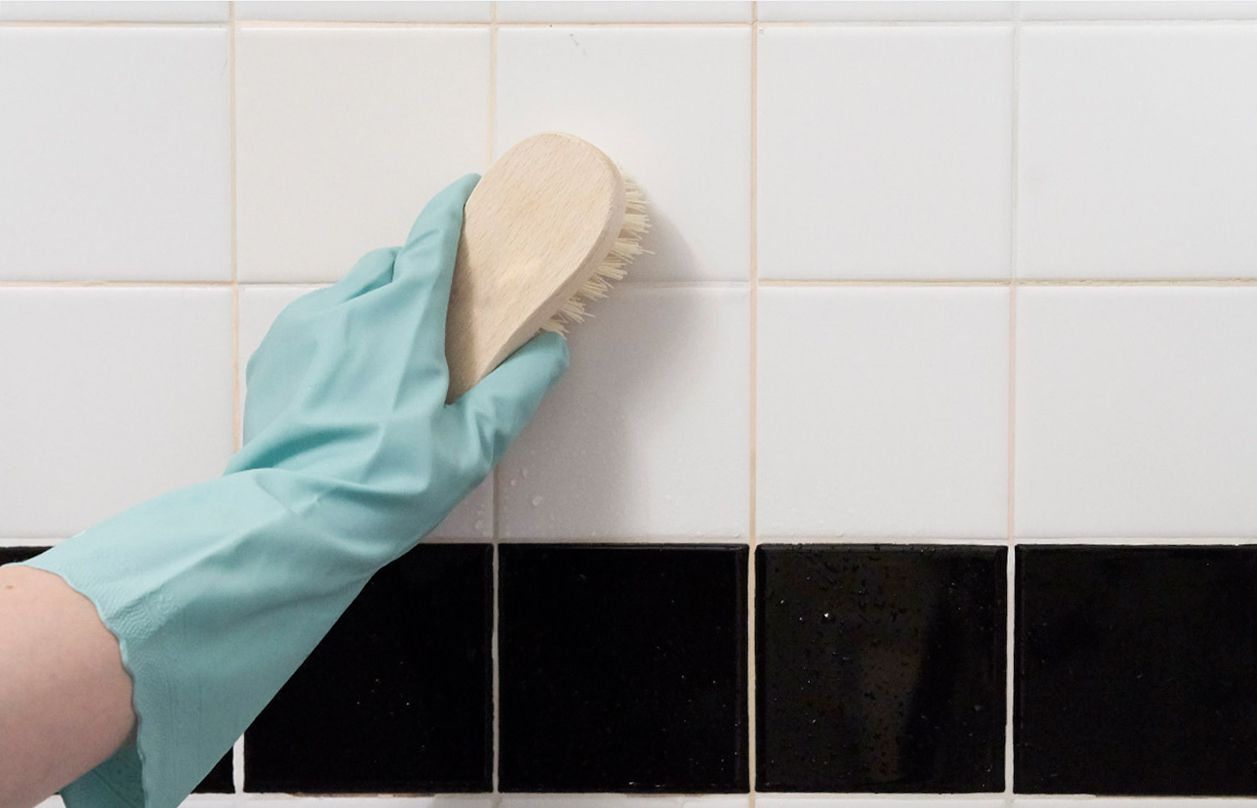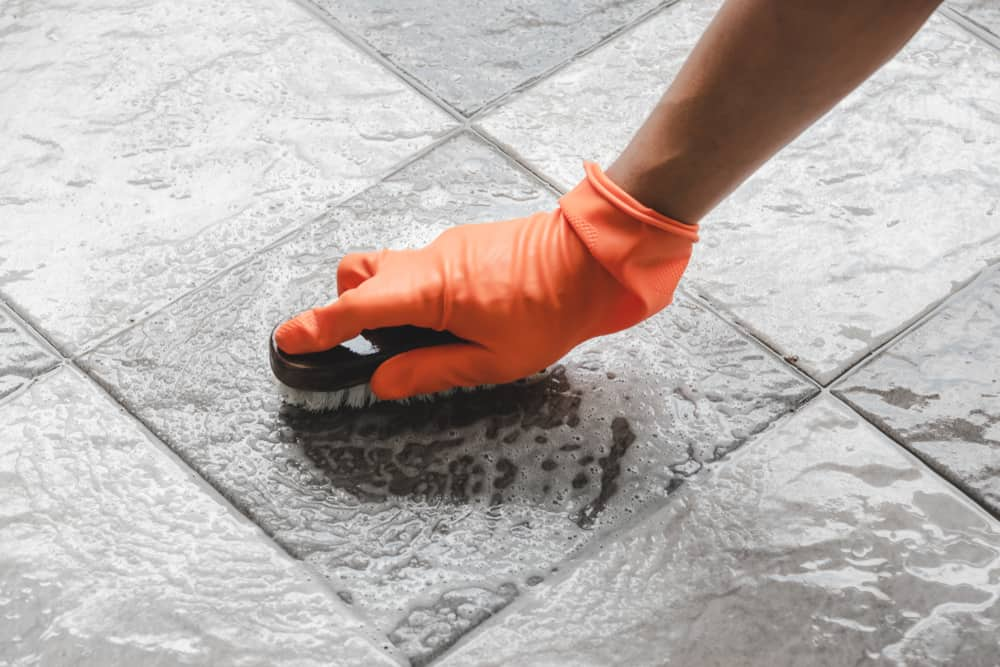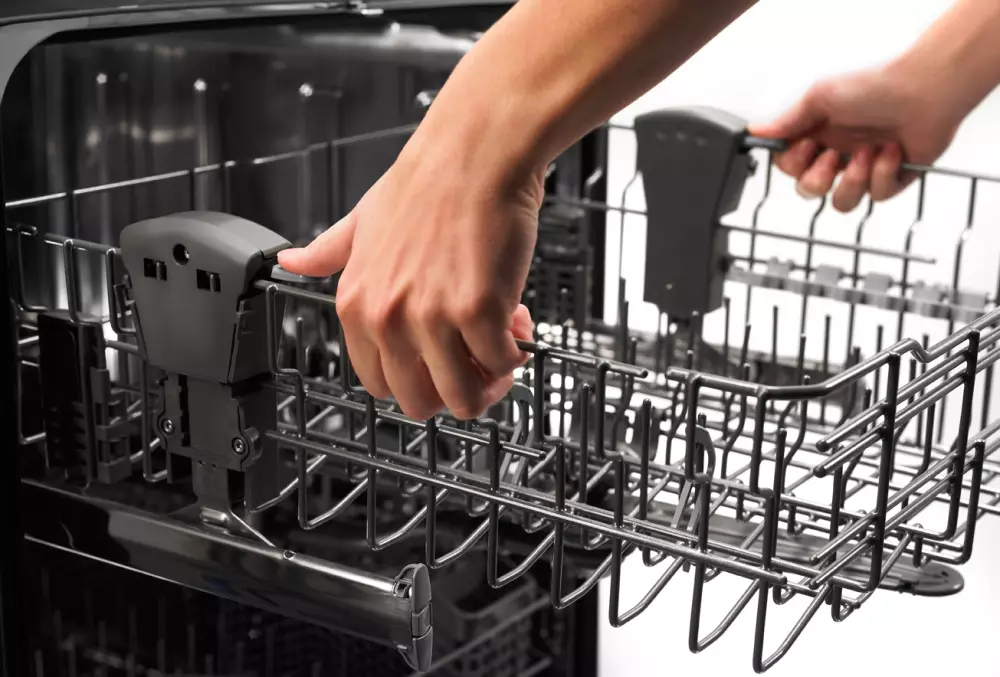How to Clean a Shower: The Best Cleaning Guide to Keep Your Bathroom Fresh
Showers are one of the most used parts of your bathroom. The more you use it, the more it gets dirty. It would be best always to clean your shower to look fresh and inviting.
This article will show you how to clean a shower and how often to do it. We have also included some tips and tricks that will help you get rid of soap scum and other stubborn stains on the walls and floor of your shower.
The shower is one of the most-used rooms in your home. It's also one of the messiest. You probably clean your bathroom regularly, but do you clean your shower? If not, it might be time to learn how to clean a shower.
A daily shower is excellent for your health and appearance, but it can also lead to mould and mildew build-up if you don't clean your bathroom regularly. And if you're like most people, you probably don't want any part of your house smelling like mildew.
The good news is that cleaning a shower isn't hard at all, and it doesn't have to make much time either. You can either hire a professional house cleaning service or learn to do it yourself.
Once you know what you're doing, cleaning a shower can be done in just 20 minutes.

What You'll Need
Instructions
1. Empty the shower
When there is nothing in your shower, cleaning will be much simpler. Remove all shower supplies and accessories from the area, including shampoo bottles, razor blades, soap, scrub brushes, and similar items.
Remember to clear the shower drain of hair and debris that may be blocking the shower drain screen from allowing the shower to drain correctly.
2. Ventilate and pre-rinse the walls

Open the bathroom door and windows to allow any cleaning product fumes to escape and to hasten the drying process of the shower.
Use a bucket or a handheld shower head with a pressure rinse head to pre-rinse the walls of the shower with warm water.
3. Spray the shower walls to remove soap scum
Wear rubber gloves before spraying an all-purpose cleaner or disinfectant spray on the shower walls and floor. Give it 10 minutes to work to eliminate any last bits of filth and grime. A natural cleaning solution of hot water and distilled white vinegar works well on soap scum and other impurities. White vinegar is safe for fibreglass and ceramic tile, but it won't work on marble.
The secret to more straightforward cleaning, whether using a commercial cleaner or natural cleaning solution, is to allow the product time to work. You won't need to scrub as much because the cleaner will start to break up the dirt and soap scum.
4. Scrub and rinse the walls

Working on one shower wall at a time is recommended. Use a soft bristle brush or sponge to clean the entire surface of the shower walls and floor. Thoroughly rinse the wall with warm water before moving on to the next stage.
Never use a metal scrubber or a brush with rough bristles since they might damage the ceramic tile. Rinse the walls thoroughly, working your way down from the top.
5. Clean the tile grout with baking soda
Fill an empty spray bottle with an equal mixture of white vinegar and warm water to remove any mildew from the tile grout. Spray all over the area and let it sit for 5 to 10 minutes to absorb. Using an old toothbrush or a grout brush, go back and forth over the damaged grout. Before continuing, thoroughly rinse the area with hot water.
Then combine two teaspoons of baking soda with a few drops of water to create a paste. Work the baking soda paste into the grout with your toothbrush or grout brush after dipping it in it. Your white vinegar and water cleaning solution should be sprayed on the region.
The baking soda paste will begin to bubble up due to the white vinegar, and any mould or soap scum will start to disappear. With your brush, scrub the tile grout lines to remove any buildup.
6. Clean the shower floor

Clean the shower floor the same way you would clean the walls. Spray the bathroom cleaner on the shower floor, let it sit for a few minutes, and then scrub it with a sponge or soft-bristled brush. Thoroughly rinse the floor with warm water. Try baking soda with a soft bristle brush for additional assistance with difficult stains.
7. Wash the shower door and curtain
Cleaning glass shower doors with accumulated soap scum and limescale might be challenging. To prevent this, make it a practice to wipe the glass shower doors down with a squeegee after each shower.
Start by thoroughly cleaning your glass shower door with warm water. Then, use your preferred bathroom cleaner to spray the entire glass door. After a while, wipe it down with a microfiber cloth or sponge and give it a warm rinse. Use a squeegee or a clean, dry cloth to wipe it dry.
Remove the curtain and the liner from your shower if you have one. Both should be placed in the washing machine, and a standard cycle should be run using warm or hot water. The curtain can be dried in the dryer. However, after washing, hang the liner up to dry. It's occasionally preferable to change the shower curtain lining.
8 Rinse all shower surfaces and dry off the shower tile
Use clean water to rinse the shower tiles and grout to eliminate any last bits of dirt, soap, or cleaning solution. Wipe the shower door and tiles using a squeegee, a microfiber cloth, or a soft cloth. It gets rid of any extra moisture and delays the growth of mould and mildew again.
Once you're done, turn on the bathroom fan for a few minutes to remove any humidity that may have lingered.

Enjoy Your Clean and Sparkling Shower!
There you have it. The best way to clean your shower so that you can enjoy a fresh and sparkling clean bathroom. If you follow these steps and use the right products, your shower will be sparkling in no time.
We hope you've enjoyed our best tips for cleaning your shower. Cleaning your shower is essential to keeping your home fresh and clean, and we're happy that we could help you get started on that.
If you're looking for some tips and tricks to clean your bathroom, check out our Ultimate How to Clean a Bathroom Guide.
FAQs: How to Clean a Shower
What is the best thing to clean showers with?
Cleaning the grime in your showers will be much simpler if you have the correct cleaning products. A brush will remove water and soap scum deposits more effectively than a sponge. To avoid mineral deposits and soap scum accumulation, you should always have a squeegee or an absorbent bath towel available to wipe away excess water from walls and doors after each shower.
Depending on the material of your shower, you can choose the appropriate cleaner or spray. Use cleaning agents and scrubbers that won't harm the shower's material, as some surfaces require special care. Remember that streaking results from excessive spray use.
How often do you need to clean a shower?
The growth of unhealthy mould and mildew or soap scum can be stopped with regular cleaning of the shower. Every week, a shower needs to be cleaned thoroughly. But if you spend 60 seconds maintaining and cleaning the shower each time you use it, you can put off the more thorough cleaning for two weeks.
Shower curtains should be cleaned at least once every season or more frequently as necessary.
Why do you need to clean a shower?
Cleaning the shower is important because it helps keep your home clean and healthy. You may need to realize that the shower can be a breeding ground for mould and mildew. If you don't scrub the walls and floor of your shower regularly, you're allowing dirt and grime to fall into the tub or shower area, which can grow mould. Keeping the area around your shower free of grime will help prevent any unwanted growths from forming in this space.



